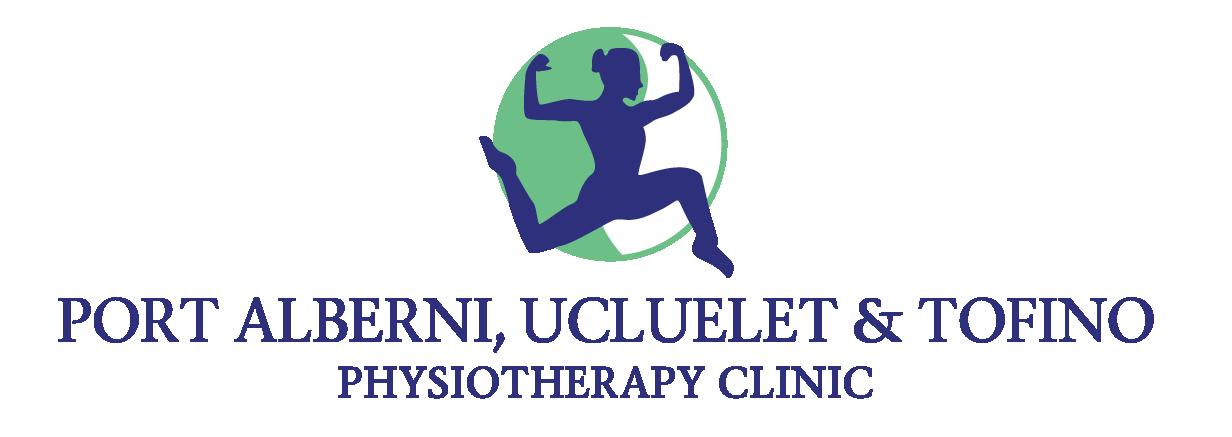Vestibular physiotherapy is a specialized form of physical therapy that focuses on addressing issues with the vestibular system—the inner ear and brain structures that help control balance and eye movements. When the vestibular system is affected, people may experience dizziness, vertigo, and unsteadiness, which can significantly impact their life. Vestibular Physiotherapy offers targeted exercises and strategies designed to alleviate these symptoms, helping individuals regain confidence in their movement and balance.
Who Should Seek Vestibular Physiotherapy?
Anyone experiencing dizziness, vertigo, balance disorders, or unexplained feelings of disorientation should consider seeking Vestibular Physiotherapy. Specialized physiotherapists are trained to diagnose vestibular conditions, though it is recommended to consult a doctor if symptoms come on suddenly or without explanation. If you’ve already been diagnosed with a vestibular condition like BPPV, vestibular neuritis, or Meniere’s disease, you can often directly book an appointment for treatment. In many cases, a referral is not required to start treatment.
What Conditions Benefit from Vestibular Physiotherapy?
Vestibular Physiotherapy can be effective for a variety of balance-related conditions. Some of the most commonly treated conditions include:
Benign Paroxysmal Positional Vertigo (BPPV): The most common cause of vertigo, often triggered by changes in head position.
Vestibular Neuritis or Labyrinthitis: Inflammation of the vestibular nerve or inner ear structures can lead to sudden, intense dizziness and imbalance.
Meniere’s Disease: Characterized by vertigo, hearing loss, tinnitus, and fullness in the ear, Meniere’s disease can disrupt balance and coordination.
Concussion and Post-Concussion Syndrome: Head injuries often affect balance, coordination, and vision, making vestibular therapy a critical part of concussion recovery.
Persistent Postural-Perceptual Dizziness (PPPD): A chronic dizziness condition that can develop after a vestibular disorder.
What to Expect During a Vestibular Physiotherapy Session
In a vestibular physiotherapy session, a trained vestibular physiotherapist assesses your symptoms, including dizziness triggers, balance, and coordination. Sessions often start with a thorough examination that evaluates your vision, balance, and gait. Based on this assessment, your therapist will design a personalized exercise program, which may include:
Balance and gait exercises: These exercises improve stability and coordination.
Vestibular habituation exercises: These help your brain adjust to movements that trigger dizziness, gradually reducing the symptoms over time.
Vision stability exercises (gaze stabilization): These exercises train your eyes to stay focused while your head is moving, minimizing blurred vision or dizziness.
Canalith repositioning maneuvers (for BPPV): If you have BPPV, specific maneuvers can be performed to help move the displaced crystals in your inner ear back into place, effectively relieving vertigo.
Consistency and follow-up are essential for optimal results, and your therapist will adjust your program as you progress. Depending on the origin of our diagnosis, most people find significant relief from their symptoms after a few sessions, but some may need ongoing therapy depending on the severity of their condition.
Book Your Vestibular Physiotherapy Session
If you’re experiencing symptoms of dizziness, vertigo, or balance issues and think vestibular therapy may help, Port Alberni Physiotherapy is here to support you. Our vestibular therapist, Natasha Prokop, specializes in assessing and treating a wide range of vestibular conditions. You can book an appointment online at www.portalberniphysiotherapy.ca or call us at 250-723-5112.


